AARP Hearing Center

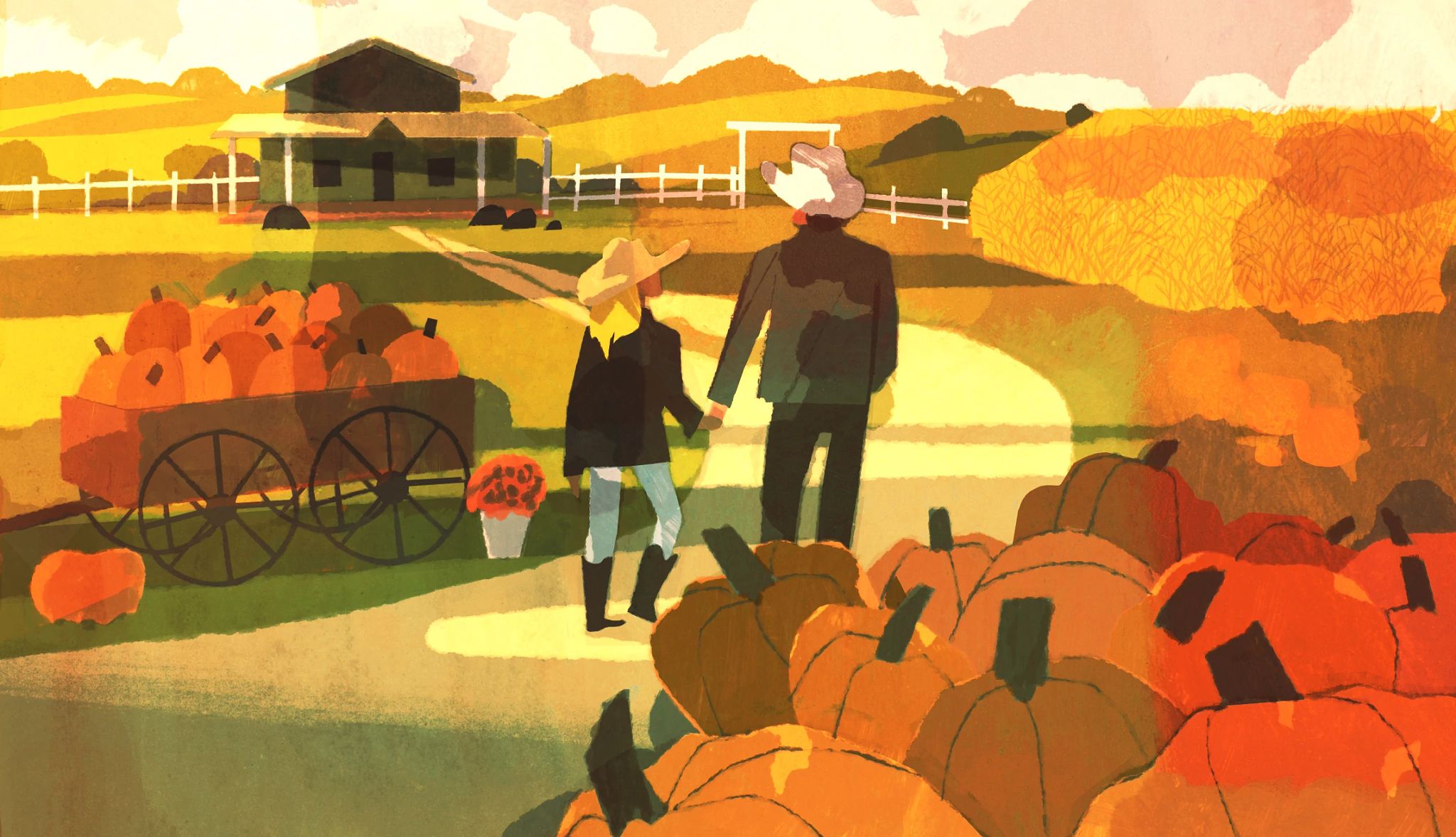
Jump to chapters
Chapter 10
Luke
Even after studying the menu, he wasn’t sure what to order. He knew he could have gone with something safe—like the chicken or beef teriyaki she’d mentioned—but he was reluctant to do that. He’d heard people rave about sushi and knew he should try it. Life was about experience, wasn’t it?
The problem was that he didn’t have the slightest idea what to choose. To his mind, raw fish was raw fish, and the pictures didn’t help at all. As far as he could tell, he was supposed to order either the reddish one or the pinkish one or the whitish one, none of which hinted at how it might taste.
He peeked at Sophia over the top of his menu. She’d applied a bit more mascara and lipstick than she had on the day she’d come out to the ranch, reminding him of the night he’d first seen her. It seemed impossible that it had been less than a week ago. While generally a fan of natural beauty, he had to admit the makeup added a sophisticated touch to her features. On their way to the table, more than one man had turned to watch her pass.
“What’s the difference between nigiri-sushi and maki-sushi?” he asked.
Sophia was still perusing the menu as well. When the waitress had come by, she’d ordered two Sapporos, a Japanese beer, one for each of them. He had no idea how that would taste, either. “Nigiri means the fish is served on a pad of rice,” she said. “Maki means it’s rolled with seaweed.”
“Seaweed?”
She winked. “It’s good. You’ll like it.”
He compressed his lips, unable to hide his doubts. Beyond the windows, there were people at tables inside, enjoying whatever it was they’d ordered, all of them adept with their chopsticks. At least he was okay at that, his skills honed from eating Chinese food from thin cardboard boxes while on the road.
“Why don’t you go ahead and order for me,” he said, putting the menu aside. “I trust you.”
“Okay,” she agreed.
“What am I going to try?”
“A bunch of things,” she said. “We’ll try some anago, ahi, aji, hamachi . . . maybe some others.”
He lifted his bottle, about to take a sip. “You do realize that sounds like gibberish to me.”
“Anago is eel,” she clarified.
The bottle froze in midair. “Eel?”
“You’ll like it,” she assured him, not bothering to hide her amusement.
When the waitress came by, Sophia rambled off the order like an expert; then they settled into easy conversation, interrupted only when their meal arrived. He gave her an abbreviated overview of his childhood, which despite his chores at the ranch had been fairly typical. His high school years included varsity wrestling for three years, all four homecoming dances, both proms, and a handful of memorable parties. He told her that in the summers, he and his parents would take the horses up to the mountains near Boone for a few days, where they’d go trail riding, the only family vacations they ever took. He talked a bit about his practices on the mechanical bull in the barn and how his father had tinkered with the bull to make the motion even more violent. The practice sessions had started when he was still in elementary school, his father critiquing his every move. He mentioned some of the injuries he’d suffered over the years and described the nerves he felt when riding in the PBR World Championships—once, he’d been in the running for the championship until the final ride, only to finish third overall—and through it all, Sophia listened raptly, interrupting him only occasionally to ask questions.
He felt the laserlike focus that she trained on him, absorbing every detail, and by the time the waitress had removed their plates, everything about her, from her easy laughter to her slight but discernible northern accent, struck him as charming and desirable. More than that, he felt like he could truly be himself despite their differences. When he was with her, he found it easy to forget the stress he felt whenever he thought about the ranch. Or his mom. Or what was going to happen if his plans didn’t work out . . .
He was so absorbed in his thoughts, it took a moment before he realized she was staring at him.
“What are you thinking about?” she asked.
“Why?”
“You looked almost . . . lost there for a minute.”
“Nothing.”
“You sure? I hope it wasn’t the anago.”
“No. Just thinking about what I have to do before I leave this weekend.”
She furrowed her brow, watching him. “Okay,” she finally said. “When do you leave?”
“Tomorrow afternoon,” he said, thankful she’d let it pass. “I’ll drive to Knoxville after I finish up and spend the night. On Saturday night, I’ll start driving back. I’ll get in late, but it’s the first weekend we’re selling pump- kins. I got most of the Halloween stuff set up today—José and I built a great big maze out of hay bales, among other things—but a lot of people always show up. Even with José pitching in, my mom still needs extra help.”
“Is that why she was mad at you? Because you’ll be out of town?”
“Partly,” he said, pushing a bright pink sliver of ginger around his plate. “She’s mad because I’m riding, period.”
“Isn’t she used to it by now? Or is it because you got hurt on Big Ugly Critter?”
“My mom,” he said, choosing his words with care, “is worried that something’s going to happen to me.”
“But you’ve been injured before. Lots of times.”
“Yes.”
“Is there something you’re not telling me?”
He didn’t answer right away. “How about this?” he said, laying his chopsticks down. “When the time is right, I’ll tell you all about it.”
“I could always ask your mom, you know.”
“You could. But you’d have to meet her first.”
“Well, maybe I’ll just go out there on Saturday and try.”
“Go ahead. But if you do, just be prepared to be put to work. You’ll be carrying pumpkins all day.”
“I’ve got muscles.”
“Have you ever carried pumpkins all day?”
She leaned across the table. “Have you ever unloaded a truck filled with meat and sausage?” Her expression was victorious when he didn’t answer. “See, we do have something in common. We’re both hard workers.”
“And we can both ride horses now, too.”
She smiled. “That too. How did you like the sushi?”
“It was good,” he said.
“I get the feeling you would have preferred pork chops.”
“I can have pork chops anytime. It’s one of my specialties.”
“You cook?”
“On the grill,” he said. “My dad taught me.”
“I think I’d like for you to grill for me sometime.”
“I’ll make anything you want. As long as it’s burgers, steaks, or pork chops.”
She leaned closer. “So what’s next? Would you like to risk our luck and go to a frat party? I’m sure they’re getting going about now.”
“What about Brian?”
“We’ll go to a party at a different house. One he never goes to. And we wouldn’t have to stay long. You might have to ditch the hat, though.”
“If you’d like to, I’m game.”
“I can go anytime. I was asking for you.”
“What are they like?” he asked. “Music, a bunch of drinking college kids, that kind of stuff?”
“Pretty much.”
He thought about it for a second before shaking his head. “It’s not really my thing,” he admitted.
“I didn’t think so. We could always do a tour of the campus if you’d like.”
“I think I’d rather save that for another time. So you have to go out with me again.”
She traced her finger around the rim of her water glass. “Then what do you want to do?”
He didn’t answer right away, and for the first time, he wondered how different things might be had he not made the decision to ride again. His mom wasn’t happy, and frankly, even he wasn’t sure it was a good idea, but somehow it had led to a date with a girl he already knew he’d never forget.
“Are you up for a little drive? I know a place where I can promise you won’t see anyone you know. It’s quiet, but it’s really pretty at night.”
+++
Back at the ranch, the moon lent a silver wash to the world as they stepped out of the truck. Dog, a blur in the darkness, came racing out from beneath the porch, stopping at Sophia’s side almost as though he’d been expecting them.
“I hope this is okay,” he said. “I wasn’t sure where else to go.”
“I knew you were bringing me here,” Sophia said, reaching down to pet Dog. “If it bothered me, I would have said something.”
He motioned toward his house. “We could sit on the porch, or there’s a great spot down by the lake.”
“Not the river?”
“You’ve already been to the river.”
She took in the surroundings, then turned to him again. “Are we going to sit in chairs in the back of the truck again?”
“Of course,” he said. “Trust me, you wouldn’t want to sit on the ground. It’s a pasture.”
He watched as Dog began to circle her legs. “Can we bring Dog?” she asked.
“Dog will follow whether I want him to come or not.”
“Then the lake it is,” she said.
“Let me just get some things from the house, okay?”
He left her, returning with a small cooler and some blankets beneath his arm, which he loaded into the back of the truck. They got in, the engine coming to life with a roar.
“Your truck sounds like a tank,” she shouted over the noise. “I don’t know if you’re aware of that.”
“Do you like it? I had to modify the exhaust system to make it sound the way it does. I added a second muffler and everything.”
“You did not. No one does that.”
“I did,” he offered. “Lots of people do.”
“People who live on ranches, maybe.”
“Not just us. People who hunt and fish do it, too.”
“Basically anyone with a gun and a passion for the outdoors, in other words.”
“You mean there are other kinds of people in the world?”
She smiled as he backed out, turning onto the drive before heading past the farmhouse. There were lights blazing from inside the living room, and he wondered what his mom was doing. He thought then about what he’d said to Sophia and what he hadn’t.
Trying to clear his thoughts, he rolled down the window, resting his elbow on the ledge. The truck bumped along, and from the corner of his eye, he could see Sophia’s wheat-colored hair fanning out in the breeze. She was staring out the passenger window as they rode past the barn in comfortable silence.
At the pasture, he hopped out and opened a gate before nosing the truck through and closing the gate behind him. Turning the beams on high, he drove slowly to avoid damaging the grass. Near the lake, he stopped and turned the truck around, just as he had at the rodeo, and shut down the engine.
“Watch where you step,” he warned. “Like I said, this is part of the pasture.”
He opened her window and turned on the radio, then went around to the back of the truck. He helped Sophia climb up before setting up the chairs. And then, just as they had less than a week earlier, they sat in the bed of the truck, this time with a blanket draped over Sophia’s lap. He reached for the cooler and pulled out two bottles of beer. He opened both, handing one to Sophia, watching as she took a sip.
Beyond them, the lake was a mirror, reflecting the crescent moon and the stars overhead. In the distance, on the other side of the lake, the cattle congregated near the bank were huddled together, their white chests flashing in the darkness. Every now and then one of them mooed and the noise floated across the water, mingling with the sounds of frogs and crickets. It smelled of grass and dirt and the earth itself, almost primordial.
“It’s beautiful here,” Sophia whispered.
He felt the same word could be used to describe her, but he kept his thoughts to himself.
“It’s like the clearing at the river,” she added. “Only more open.”
“Kind of,” he said. “But like I told you, I tend to go out there when I want to think about my dad. This place is where I come to think about other things.”
“Like what?”
The water nearby was still and reflected the sky like a mirror. “Lots of things,” he said. “Life. Work. Relationships.”
She shot him a sidelong glance. “I thought you haven’t been in a lot of relationships.”
“That’s why I have to think about them.”
She giggled. “Relationships are tricky. Of course, I’m young and naive, so what do I know?”
“So if I was to ask you for advice . . . ”
“I’d say there are better people out there to ask. Like your mom, maybe.”
“Maybe,” he said. “She got along pretty well with my dad. Especially after he gave up the rodeo circuit and was available to help out around the ranch. If he’d kept at it, I don’t know if they would have made it. It was too much for her to handle on her own, especially with me to take care of. I’m pretty sure she told him exactly that. So he stopped. And growing up, whenever I asked him about it, he’d just say that being married to my mom was more important than riding horses.”
“You sound proud of her.”
“I am,” he said. “Even though both my parents were hard workers, she’s the one who really built up the business. When she inherited it from my grandfather, the ranch was struggling. Cattle markets tend to fluctuate a lot, and some years, you don’t make much of anything. It was her idea to focus on the growing interest in organic beef. She was the one who’d get in the car and drive all over the state, leaving brochures and talking to restaurant owners. Without her, there would be no such thing as Collins Beef. To you, it might not mean much, but to high-end beef consumers in North Carolina, it means something.”
Sophia took that in while she examined the farmhouse in the distance. “I’d like to meet her.”
“I’d bring you by now, but she’s probably already asleep. She goes to bed pretty early. But I’ll be here on Sunday, if you’d like to come over.”
“I think you just want me to help you haul pumpkins.”
“I was thinking you could come by for dinner, actually. Like I said, during the day it’s pretty busy.”
“I’d like that, if you think your mom will be okay with that.”
“She will.”
“What time?”
“Around six?”
“Sounds great,” she said. “By the way, where’s that maze you were talking about?”
“It’s near the pumpkin patch.”
She frowned. “Did we go there the other day?”
“No,” he said. “It’s actually closer to the main road, near the Christmas trees.”
“Why didn’t I notice it when we drove in?”
“I don’t know. Because it was dark, maybe?”
“Is it a scary maze? With spooky scarecrows and spiders and all that?”
“Of course, but it’s not really spooky. It’s mainly for little kids. One time, my dad went a little overboard and a few of the kids ended up crying. Since then, we try to keep it toned down. But there are a ton of decorations in there. Spiders, ghosts, scarecrows. Friendly-looking ones.”
“Can we go?”
“Of course. I’ll be happy to show you. But keep in mind it’s not the same for big people, since you can see over the bales.” He waved away a couple of gnats. “You didn’t really answer my earlier question, by the way.”
“What question?”
“About relationships,” he said.


























































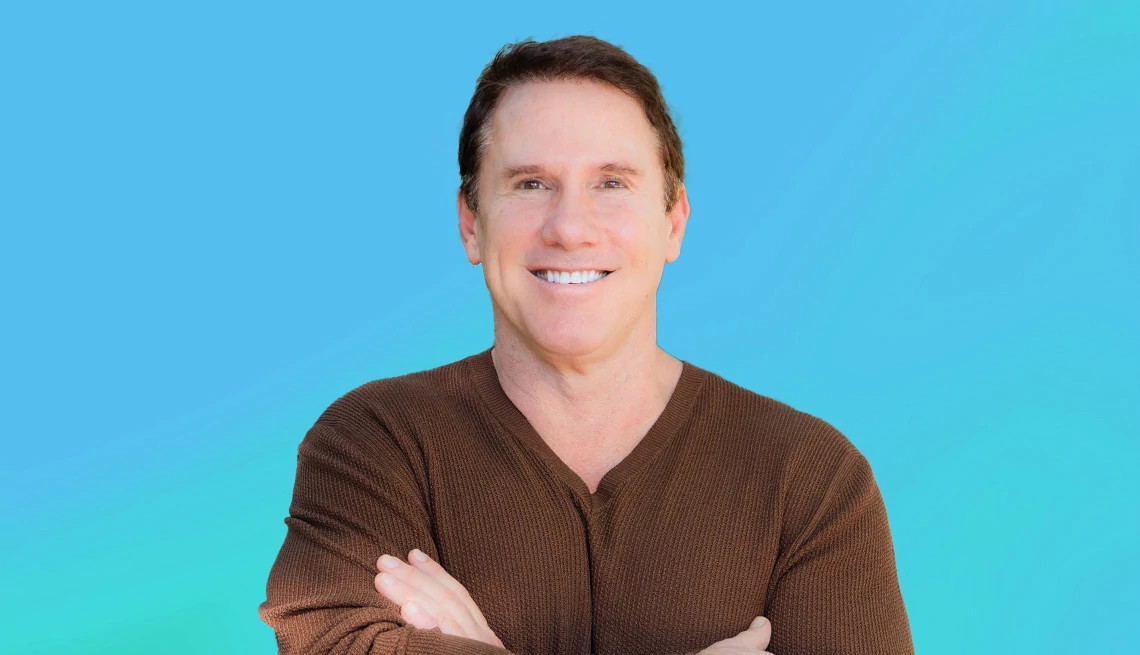.jpg?crop=true&anchor=0,0&q=80&color=ffffffff&u=lywnjt&w=1140&h=655)
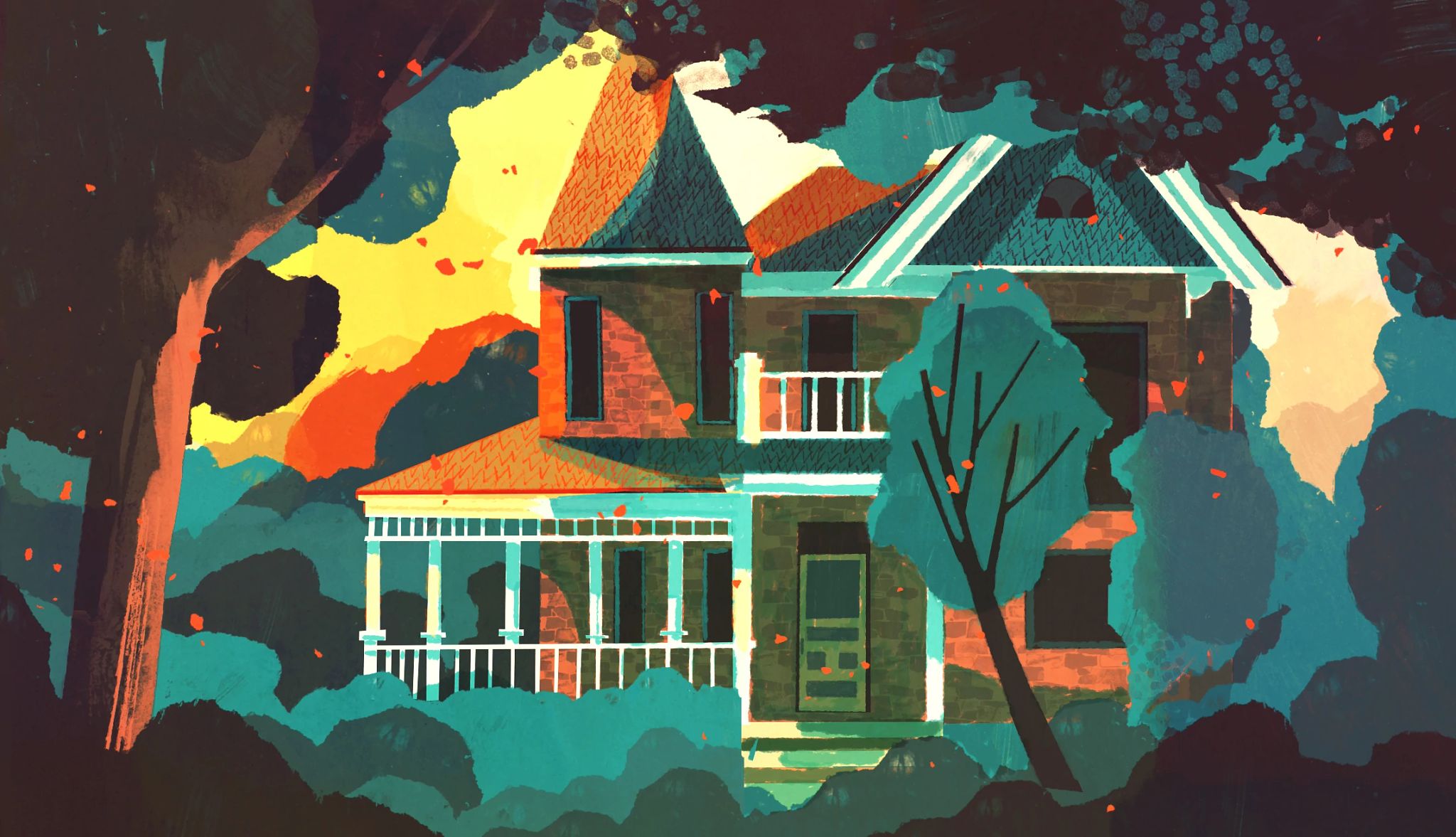
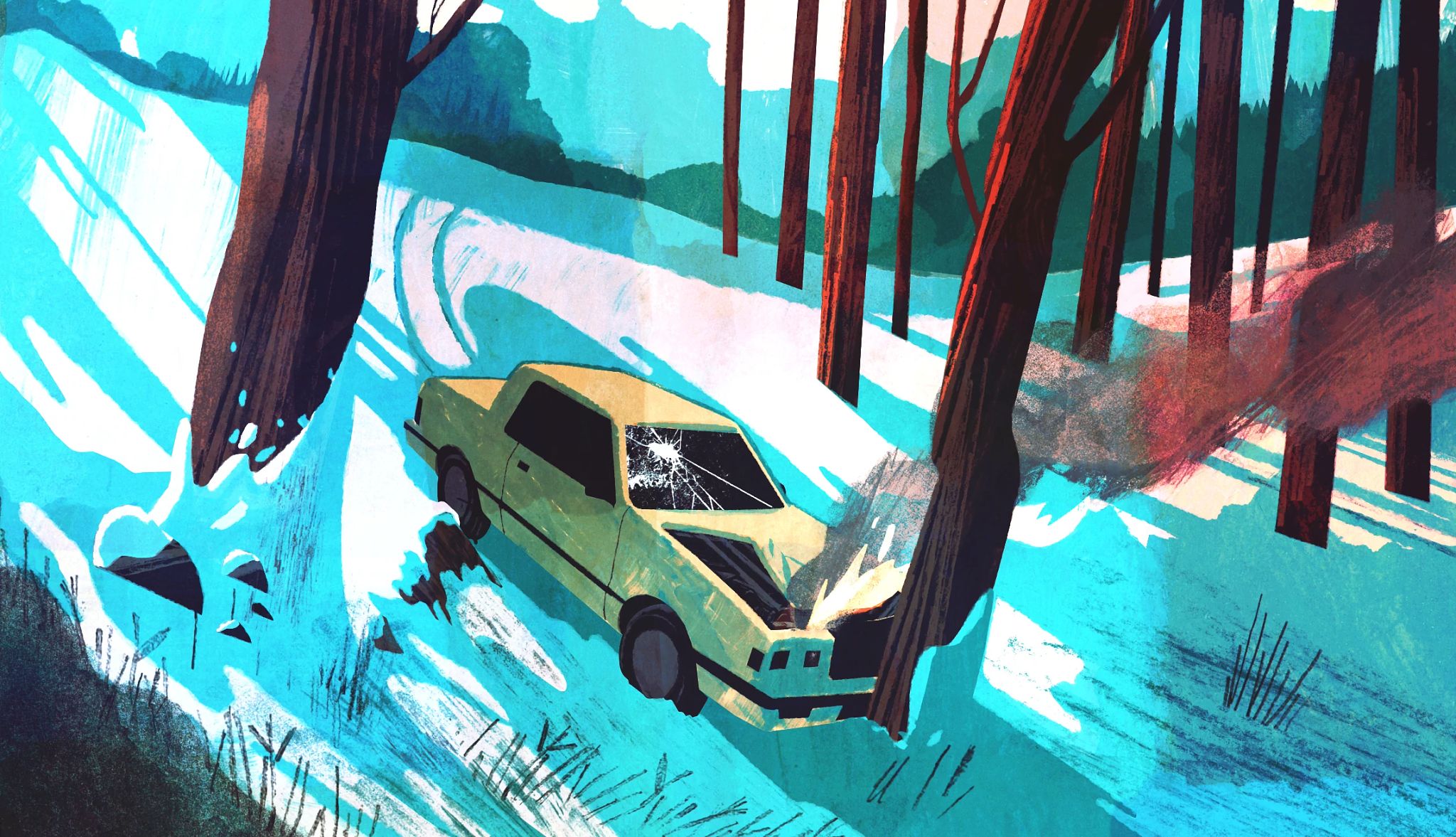
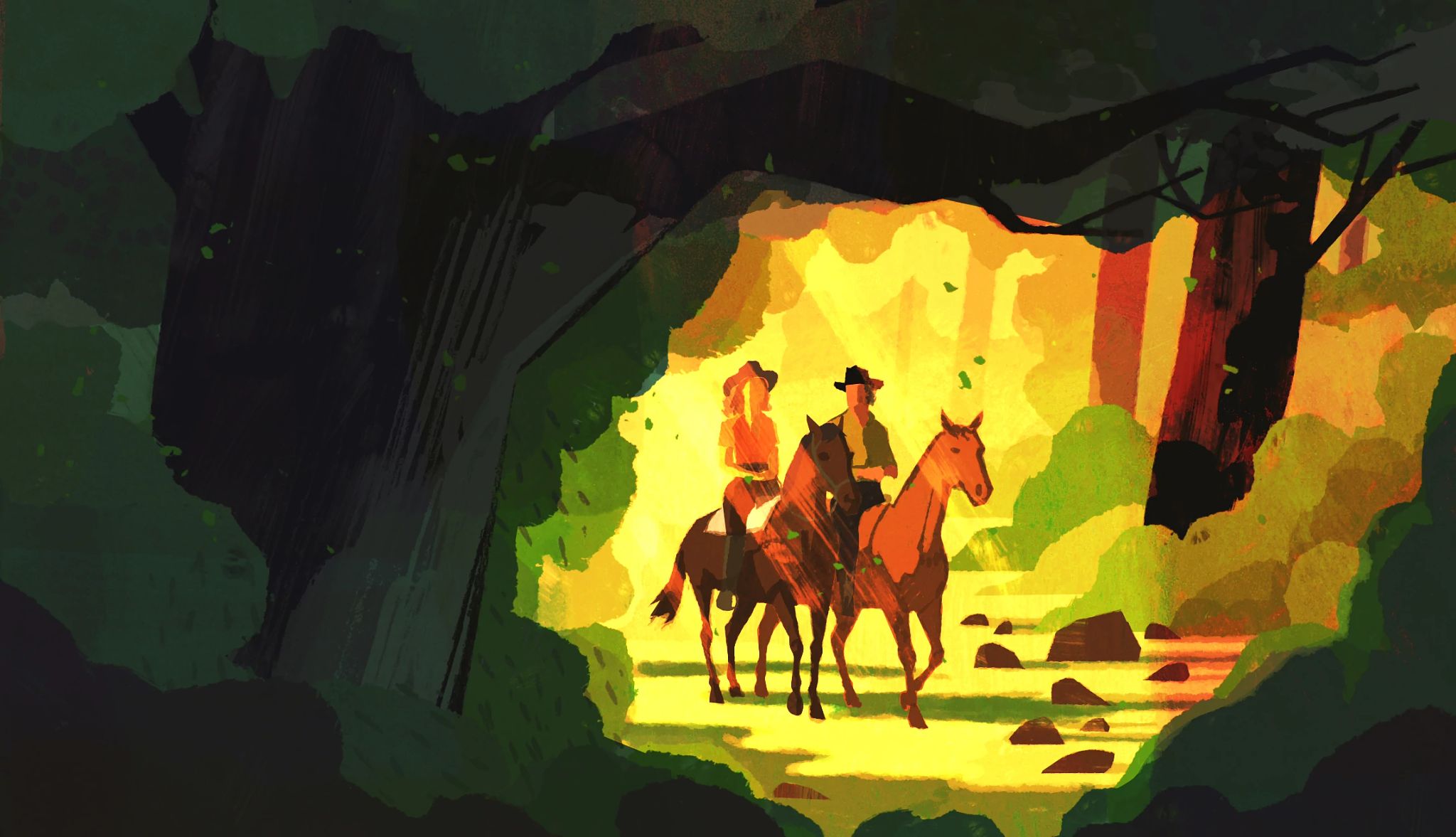
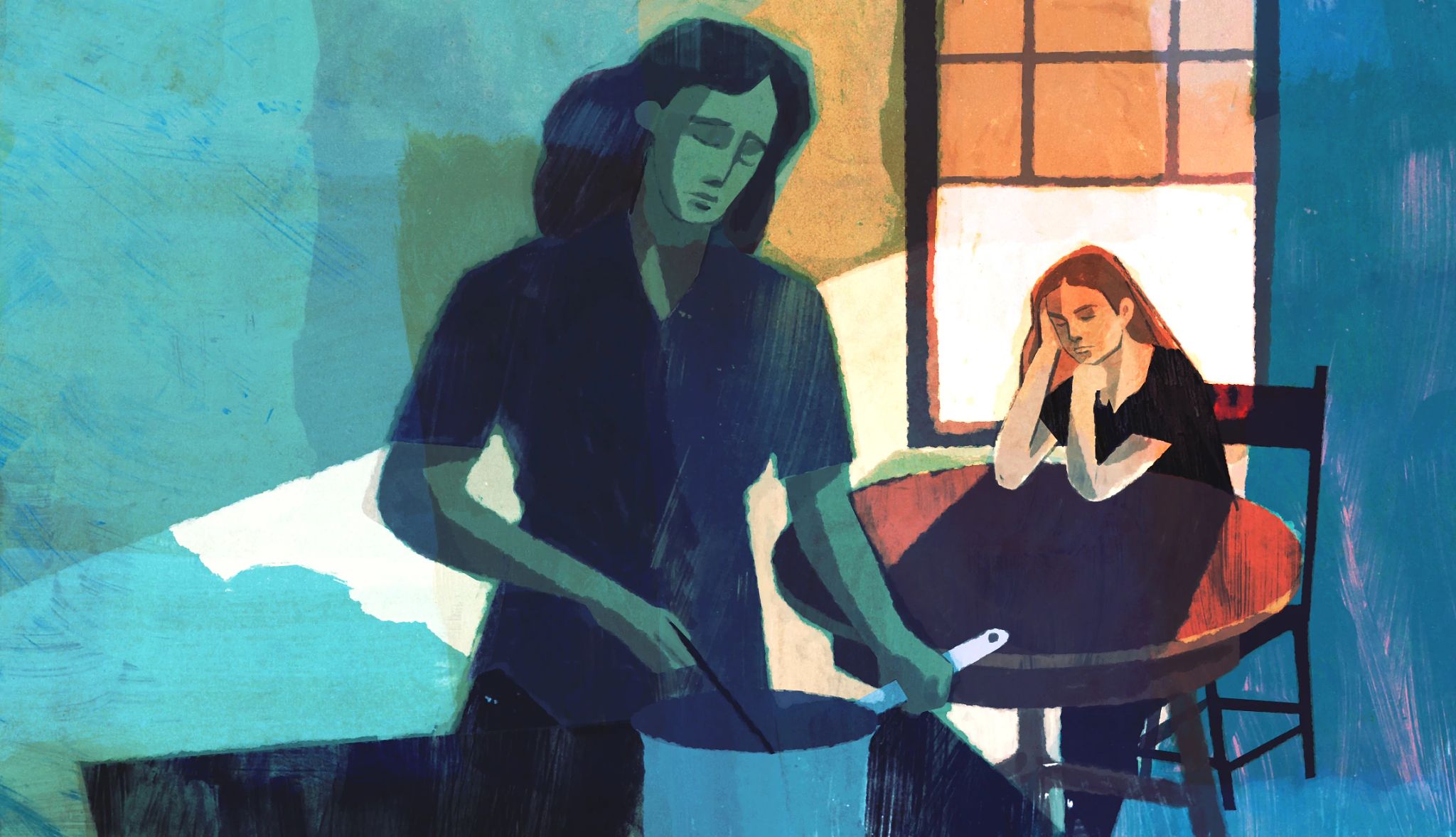
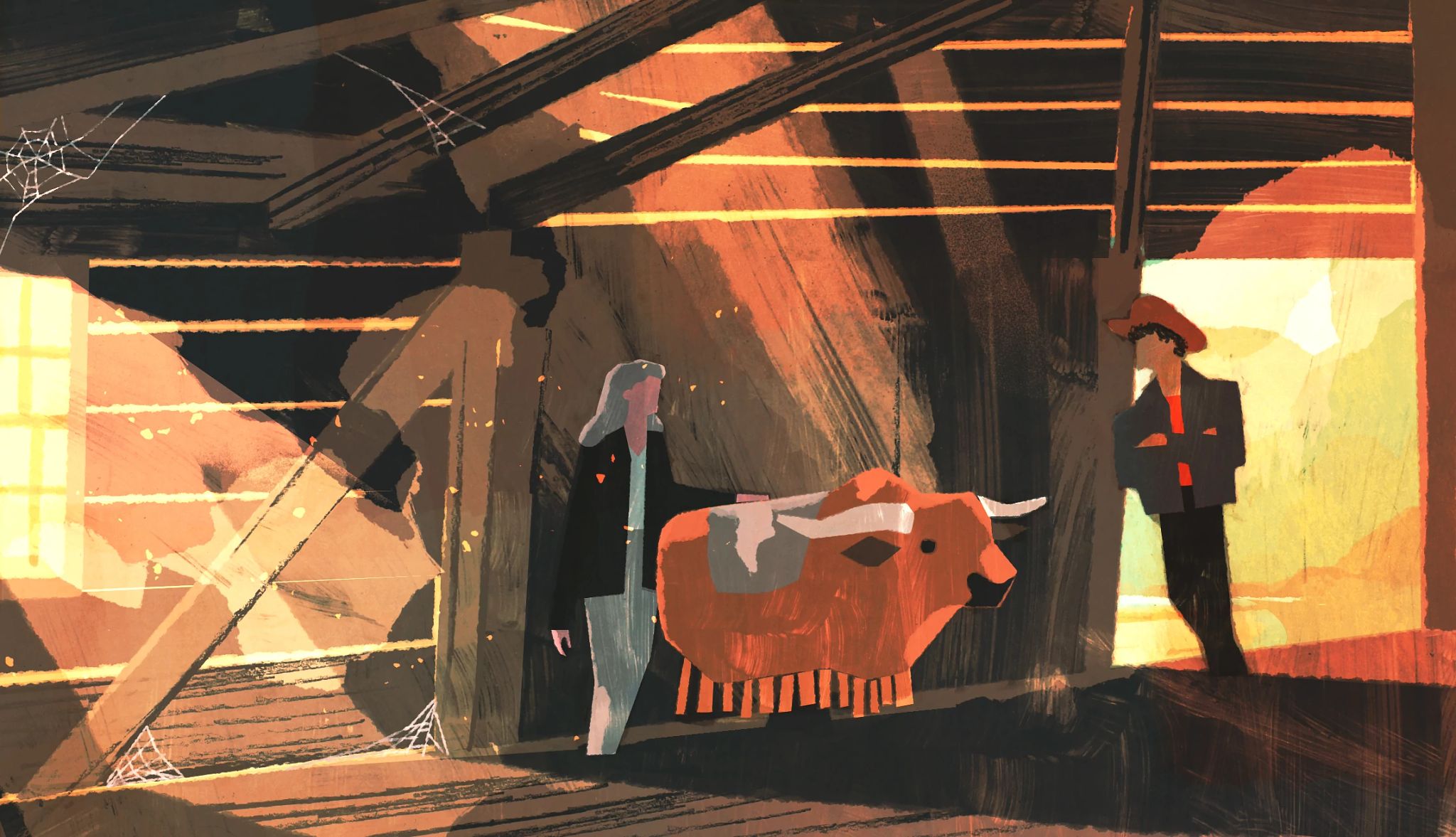
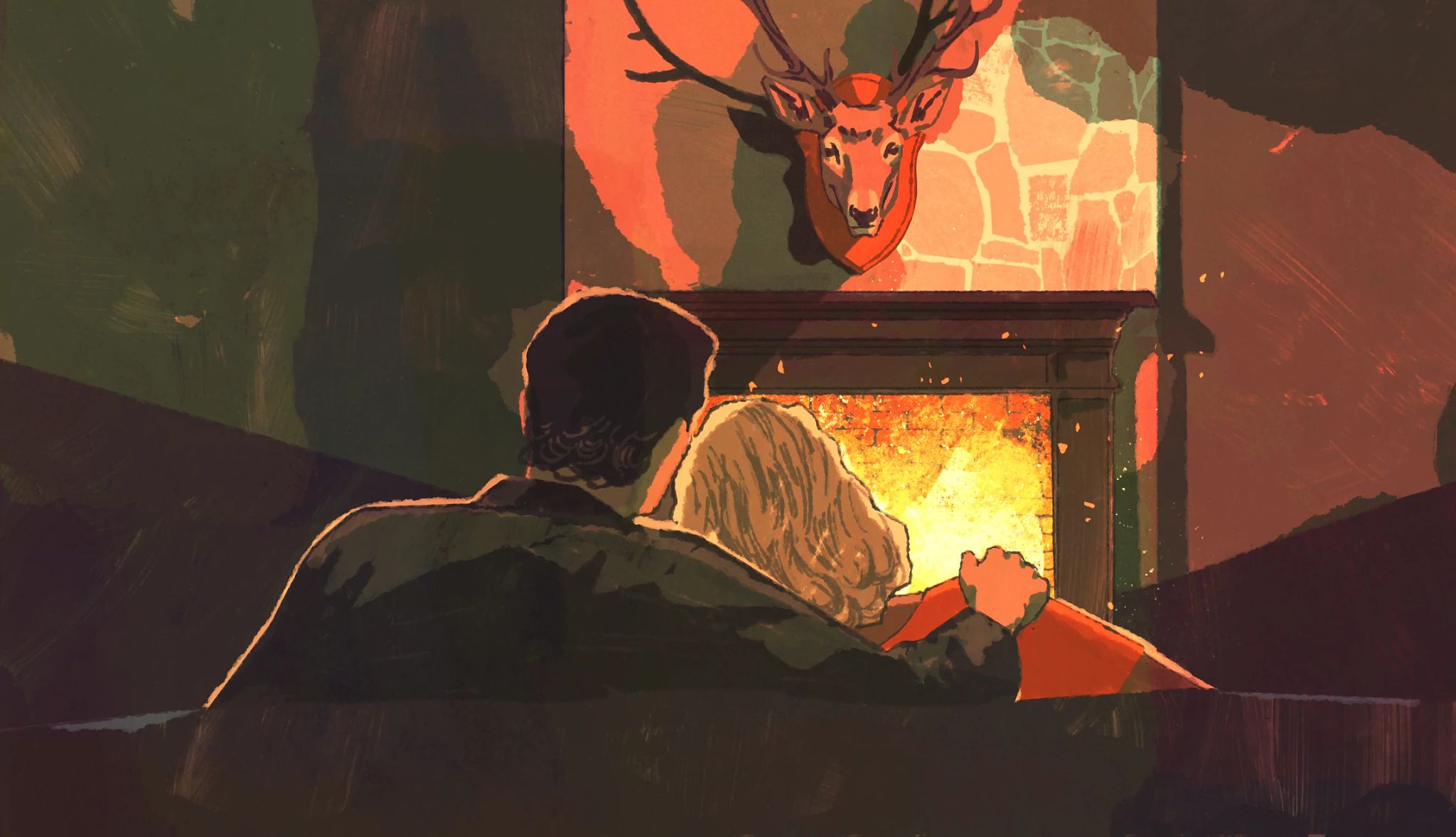
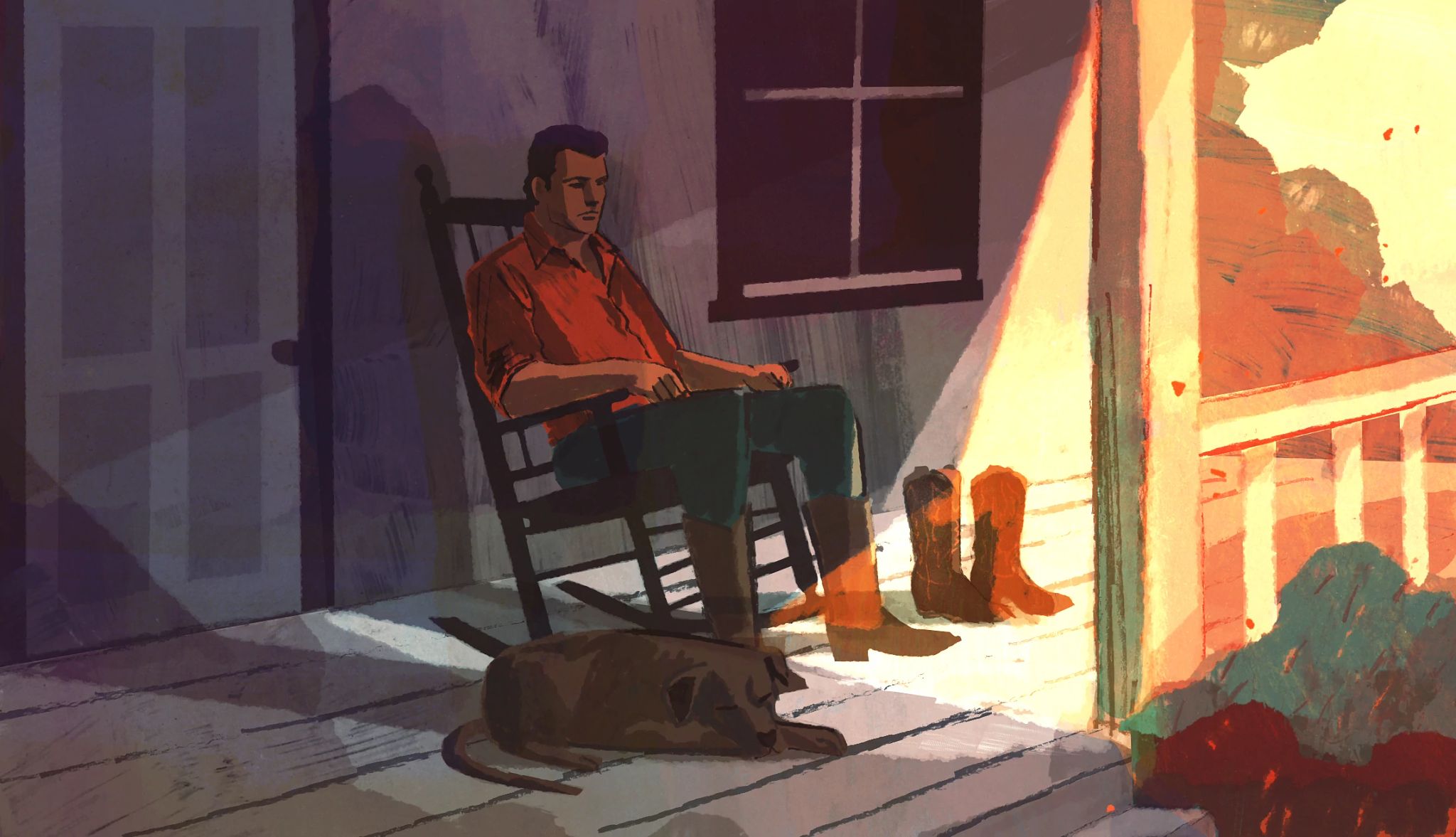
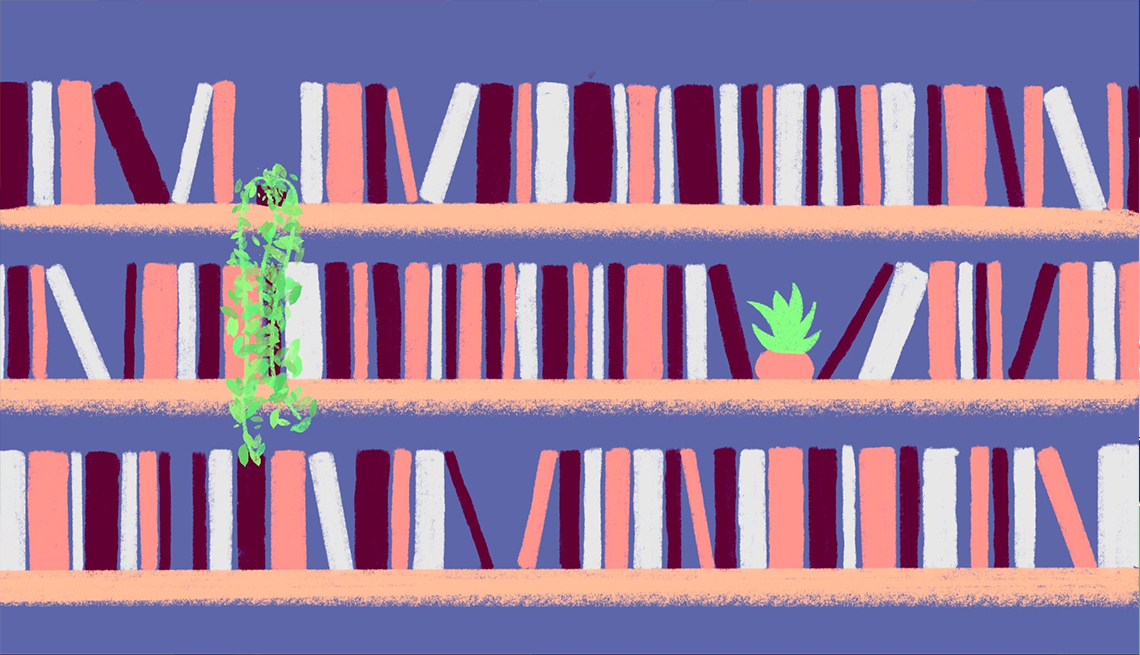
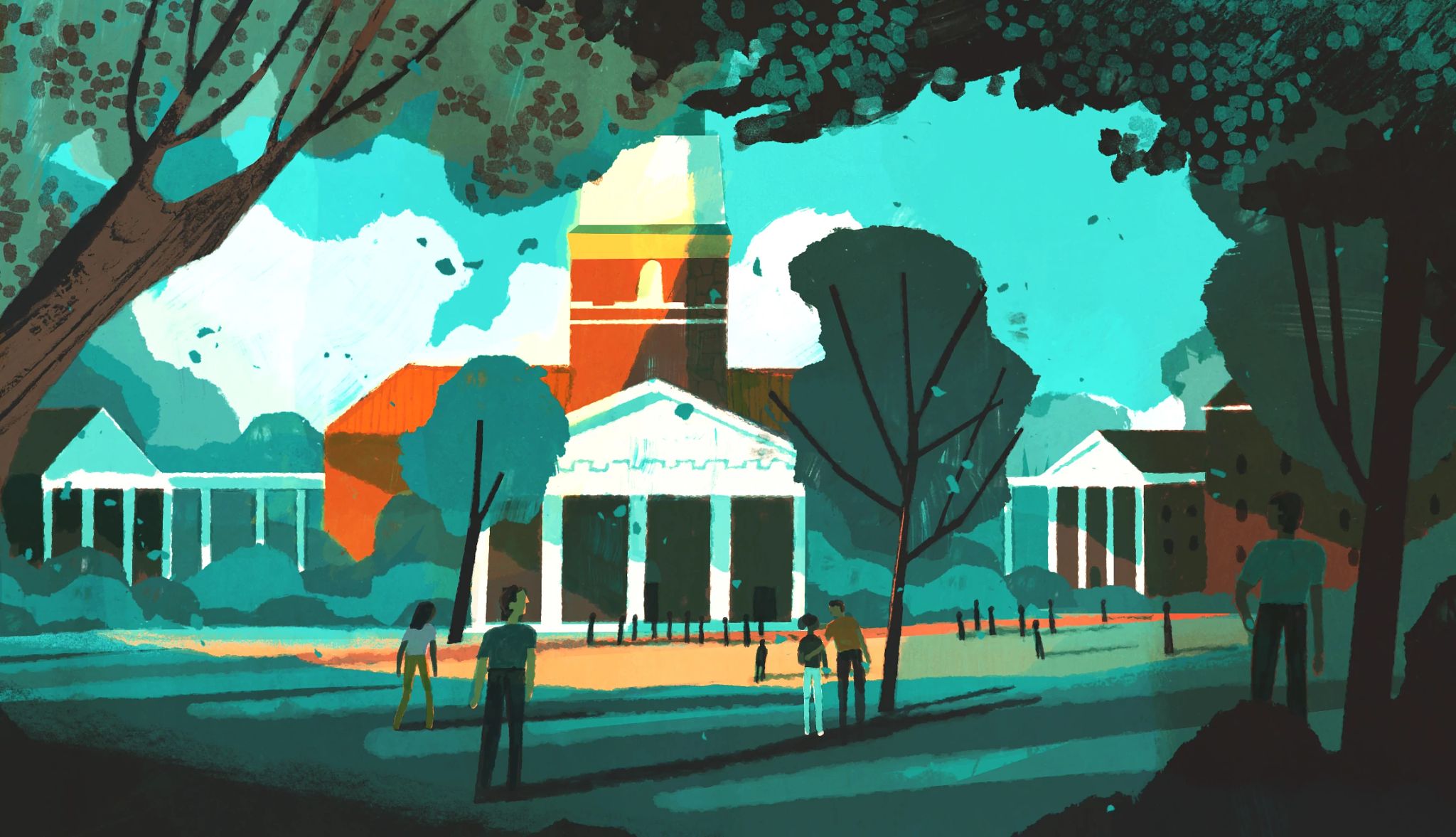
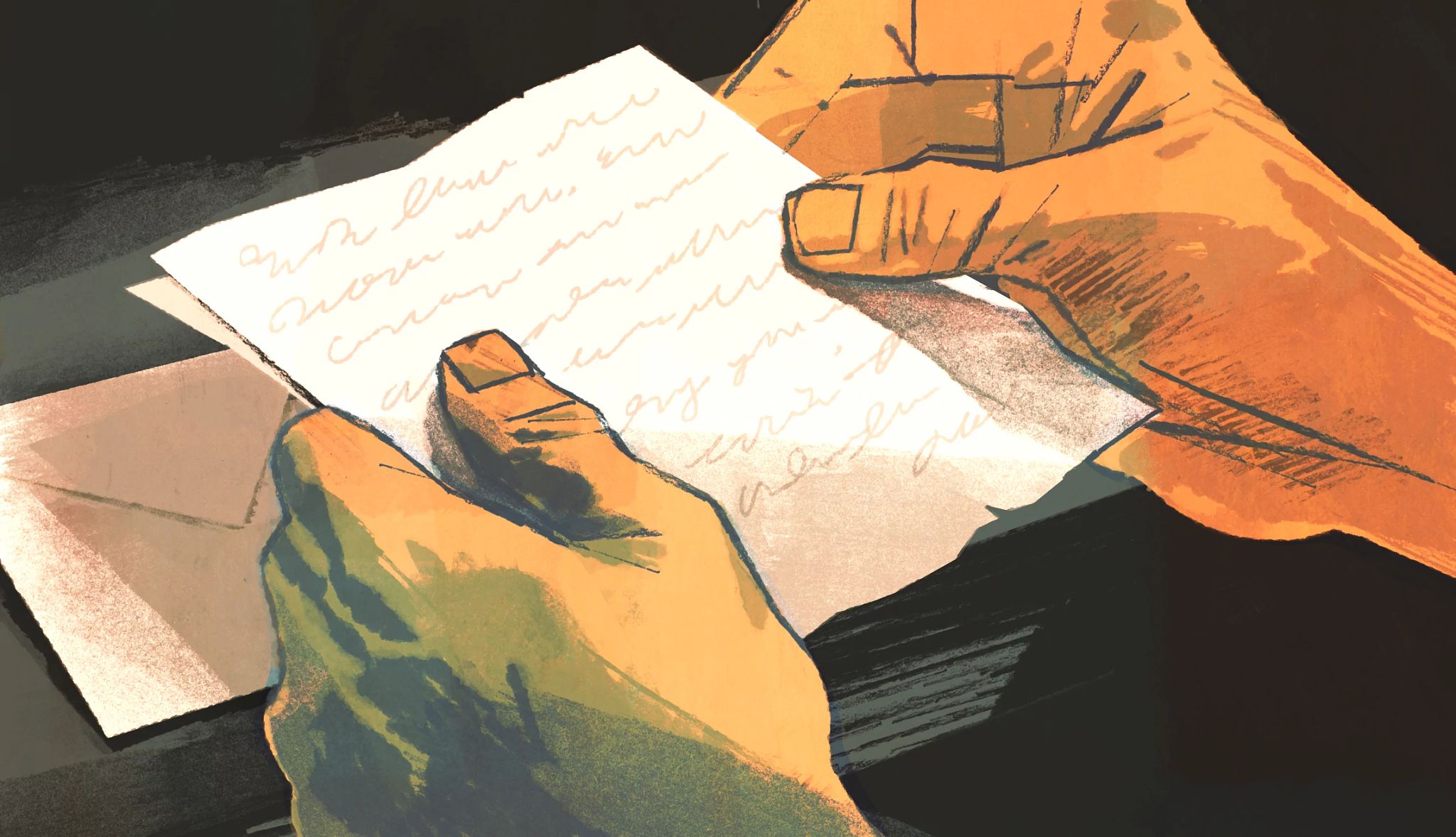
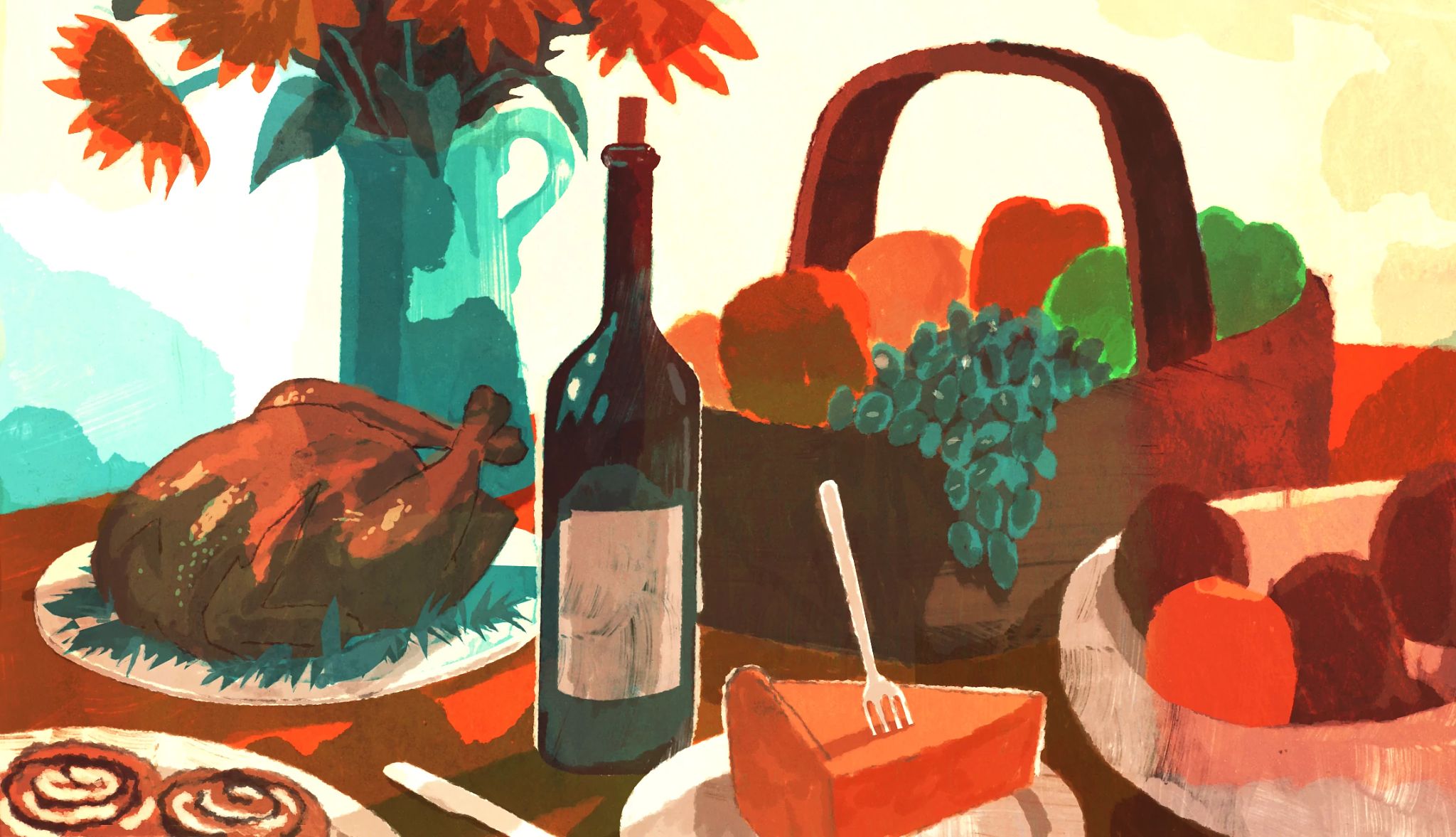


You Might Also Like
Is Nicholas Sparks as Romantic as the Leading Men in His Stories?
Author of ‘The Longest Ride’ and other best-selling novels discusses life, love and his new book, ‘Counting Miracles’
Free: ‘The Excitements’ by CJ Wray
Feel-good romp follows the law-breaking escapades of two quirky 90-something WWII vet sisters
More Free Books Online
Check out our growing library of gripping mysteries and other novels by popular authors available in their entirety
Recommended for You